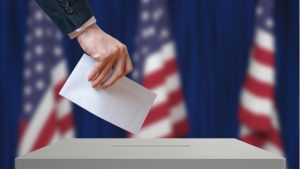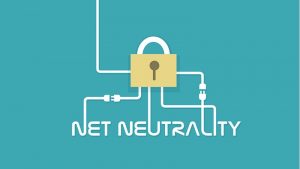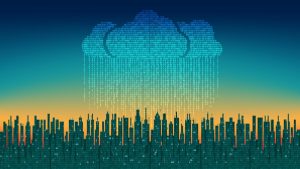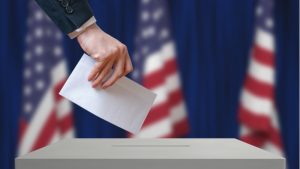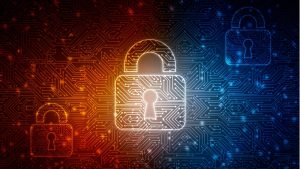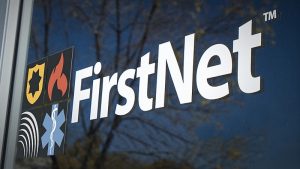Bob Kolasky, director of the Department of Homeland Security’s (DHS) recently created National Risk Management Center (NRMC), said today that DHS is taking action this month to boost the level of communication and data exchange among state and local election officials in the run-up to the U.S. midterm elections in November.
The National Association of State Chief Information Officers (NASCIO) today released the finalists for its State IT Recognition Awards that recognize “outstanding information technology achievements in state government” in 10 categories, according to a NASCIO release.
California’s state Assembly is attempting to turn back time on net neutrality by voting yesterday to approve a controversial bill that brings the state closer to enacting the Obama-era Federal net neutrality laws that were gutted by the FCC earlier this year.
Email authentication technologies provider Valimail said today it will provide its email anti-fraud service free of charge to state boards of election, voting system vendors, and major-party U.S. election campaigns.
The U.S. Department of Agriculture (USDA) today launched a new webpage highlighting the importance of rural e-connectivity, as well as ways USDA is helping to deploy high-speed broadband infrastructure in rural America.
The Georgia Technology Authority (GTA) is moving to the hybrid-cloud to deliver state services with the hope of improving services and lowering costs.
In a report released yesterday, the National Association of State Chief Information Officers (NASCIO) weighed in on the implications of artificial intelligence (AI) technologies for state CIOs.
The Department of Homeland Security (DHS), the Federal Bureau of Investigation (FBI), Facebook, and Microsoft hosted a joint briefing on Friday, Aug. 24, for the National Association of Secretaries of State (NASS) and the National Association of State Election Directors (NASED) regarding “actions being taken to combat malicious interference operations.”
The National Association of State Chief Information Officers (NASCIO) previewed the results of its biannual state CISO survey during a webinar on Tuesday, revealing the continued growth of cybersecurity staff among the states, and continuing resource challenges.
The First Responder Network Authority (FirstNet), a Federal government entity within the Department of Commerce that is working with AT&T to build out a nationwide broadband communications network for first responders, said today that Sue Swenson is stepping down as chair of the FirstNet board, and Jeffrey Johnson is resigning as vice chair.
